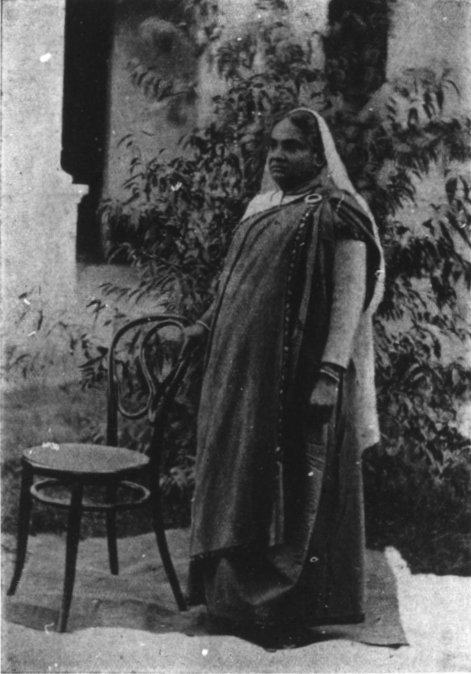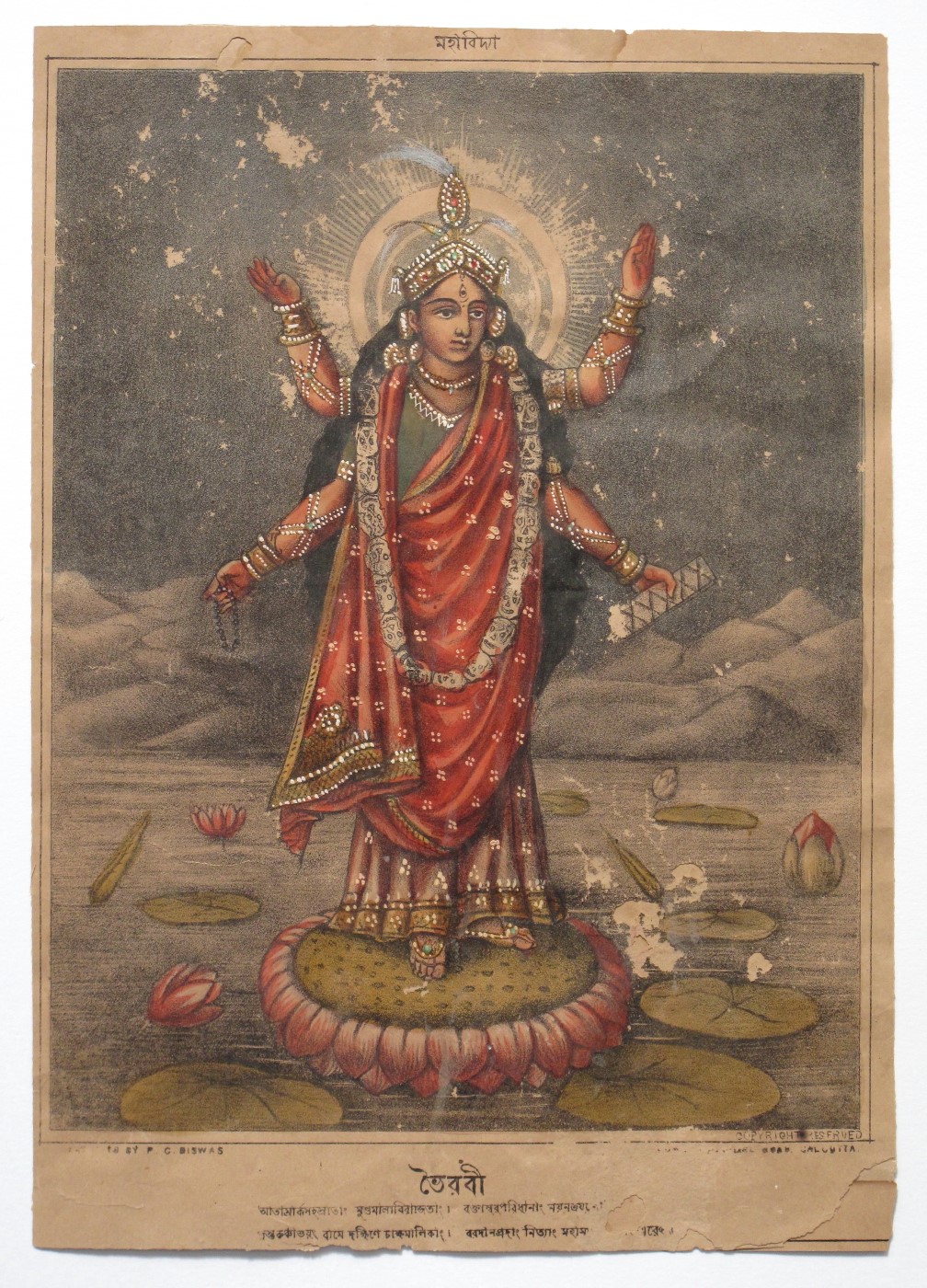Mozoomdar returned alone to the SS Khedive, for Dharmapala had other travel arrangements. Over the next week-and-a-half, amid the throes of the Arabian Sea, PCM wrote to his wife nearly every day. Though several of his letters express longing for Saudamini’s voice and cooking, his sharpest desire appears to have been to micromanage her life, even from afar.
In a telling sequence, he backtracks from the sentiment that his journey might allow Saudamini some rest from her wifely duties by proceeding to barrage her with rhetorical questions to the effect that she constantly apply herself toward sacred conduct.Note: 11Ibid, 12-13. In another passage, his very desire to hear from her, far from the heartfelt pleas found in Indian love stories, becomes another attempt to control her lifestyle: he writes, “news of your happiness, your wellbeing, your following the Brahma vrata Note: 12In the context of the passage, this vrata or vow likely refers to maintaining a lifestyle of overall austerity for the benefit of not only the vow-taker (in this case, Saudamini), but also her husband. Such vows were common obligations of Bengali wives at this time. See Judith Walsh, Domesticity in Colonial India: What Women Learned when Men Gave them Advice (Oxford: Rowman & Littlefield Publishers, 2004), 36. like I did, you getting along with everyone around you will help my work profoundly.” Note: 13Mozoomdar, Letters, 18-19. The intimacy in these letters is, predictably for this period, that of a husband who assumes the right to control his wife’s affairs.Note: 14Although the Brahmo Samaj meant to improve the lives of women through their reforms, they never intended to free women from the domestic obligation of serving their husbands. See Walsh, Domesticity in Colonial India, 42-46.
Yet his letters during this period tell of more than a husband at pains to assert power over his wife. Mozoomdar often wrote of cloudless days of sultry heat and stormy nights that rattled the ship and its passengers. Though he insisted he never felt seasick and declared that the ocean voyage made him stronger, PCM complained of poor health during this stretch of travel: the heat kept him from sleep, the wind and dampness made him feel ill, and he could not shake the pain from one of his hands.Note: 15Mozoomdar, Letters, 17-18.
These rapid transformations in the weather did more than affect his health. On his third day out from Colombo, Mozoomdar wrote to Saudamini of black waves tearing into the hull of the SS Khedive in the manner of cannonballs and sheets of rain that transformed nature itself into the terrifying form of the goddess Bhairavi.Note: 16Ibid, 13-15.
Inspired by the tempest, Mozoomdar wrote an article for The Interpreter, a Kolkata-based journal he edited. The refrain in this piece, titled “The Raging Sea,” as well as in his letters to Saudamini at this time, is to seek refuge in God, for “the unerring of the great Captain shall steer us to the harbor duly.” Note: 17Mozoomdar, “The Raging Sea,” The Interpreter 2, no.1 (1893): 27. More than fear of domestic powerlessness, Mozoomdar’s consistent calls for trust in God’s will both to Saudamini and to the readers of The Interpreter suggest a desire to maintain social ties with loved ones in the way he knew best – by preaching God’s presence. As will be shown, Mozoomdar felt more and more lonely en route to London.
- Ibid, 12-13. ↩
- In the context of the passage, this vrata or vow likely refers to maintaining a lifestyle of overall austerity for the benefit of not only the vow-taker (in this case, Saudamini), but also her husband. Such vows were common obligations of Bengali wives at this time. See Judith Walsh, Domesticity in Colonial India: What Women Learned when Men Gave them Advice (Oxford: Rowman & Littlefield Publishers, 2004), 36. ↩
- Mozoomdar, Letters, 18-19. ↩
- Although the Brahmo Samaj meant to improve the lives of women through their reforms, they never intended to free women from the domestic obligation of serving their husbands. See Walsh, Domesticity in Colonial India, 42-46. ↩
- Mozoomdar, Letters, 17-18. ↩
- Ibid, 13-15. ↩
- Mozoomdar, “The Raging Sea,” The Interpreter 2, no.1 (1893): 27. ↩

